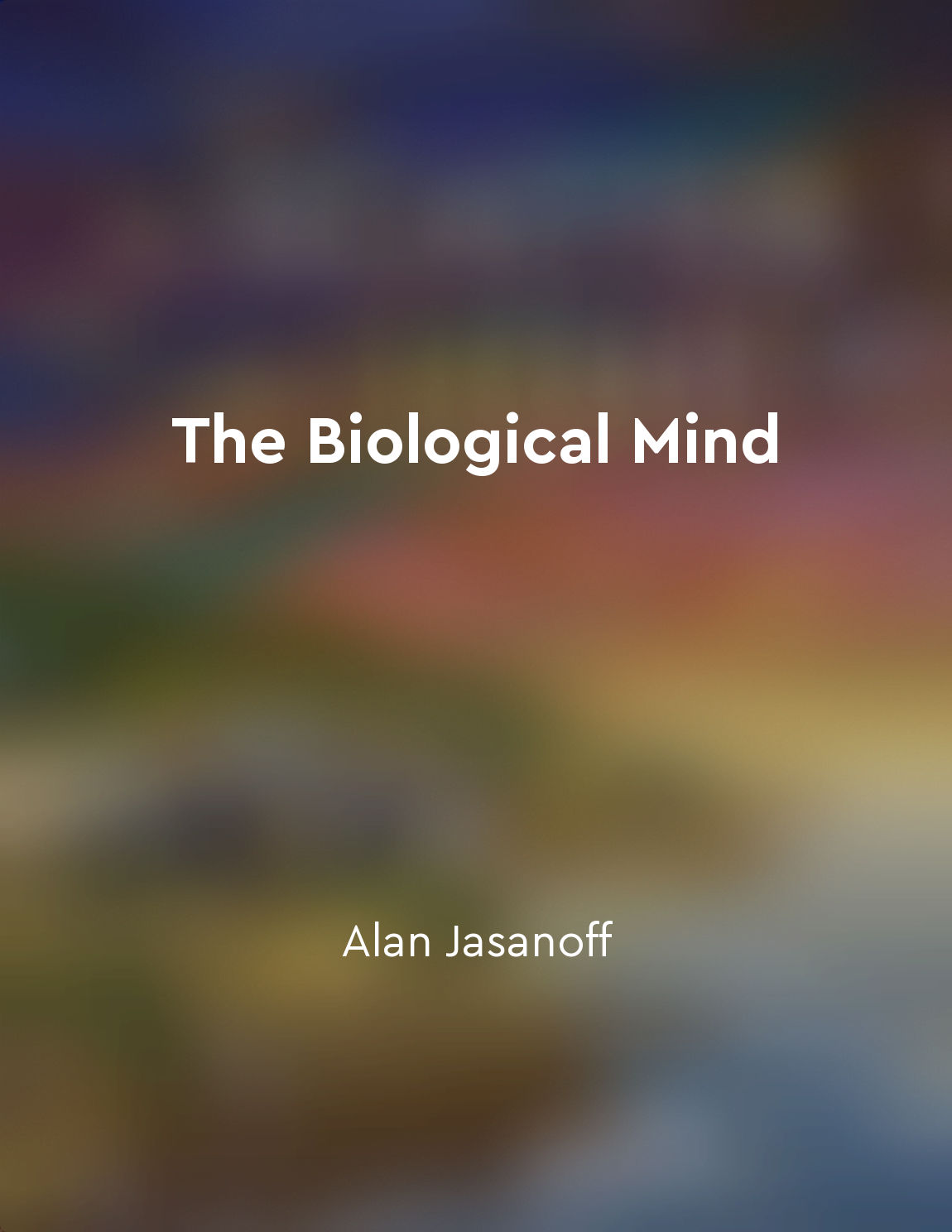Audio available in app
Brain's complexity can hinder our understanding from "summary" of Mind Over Mind by Chris Berdik
The brain, with its intricate network of neurons and synapses, is a marvel of complexity. This complexity is both a blessing and a curse when it comes to understanding how it works. On one hand, the brain's intricate structure allows for the incredible range of functions it performs, from regulating breathing to creating art. However, this very complexity can make it difficult for scientists to unravel its mysteries. Researchers have made great strides in understanding the brain, but there is still much that remains unknown. The brain's complexity means that even small changes in the system can have far-reaching effects, making it challenging to pinpoint the exact causes of certain behaviors or disorders. This complexity also means that there is no one-size-fits-all approach to studying the brain; researchers must take into account the unique characteristics of each individual's brain. Furthermore, the brain's complexity can lead to oversimplification in research. Scientists may focus on one aspect of the brain's functioning while neglecting others, leading to an incomplete understanding of how the brain truly works. This tunnel vision can hinder progress in the field and prevent researchers from developing comprehensive theories about the brain. Despite these challenges, researchers continue to push the boundaries of our understanding of the brain. By using advanced technologies and innovative research methods, scientists are slowly unraveling the brain's complexities. While there is still much work to be done, the field of neuroscience is constantly evolving, offering new insights into the workings of the most complex organ in the human body.Similar Posts
Motives are not hidden causes of behavior
Motives are often thought of as hidden causes of behavior, lurking beneath the surface and controlling our actions from the sha...
Selfawareness sets humans apart from other animals
One of the most defining characteristics of human beings is their self-awareness. This ability to reflect on oneself and unders...
Seeking support is a sign of strength
In our society, we often equate strength with independence. We admire those who can handle everything on their own, who never a...
Habits can shape the brain
The brain is a highly adaptable organ that can be shaped and changed by our habits. This concept, known as neuroplasticity, sug...

Consciousness is a product of brain activity
The idea that consciousness emerges from the workings of the brain is a central theme in understanding the biological basis of ...
